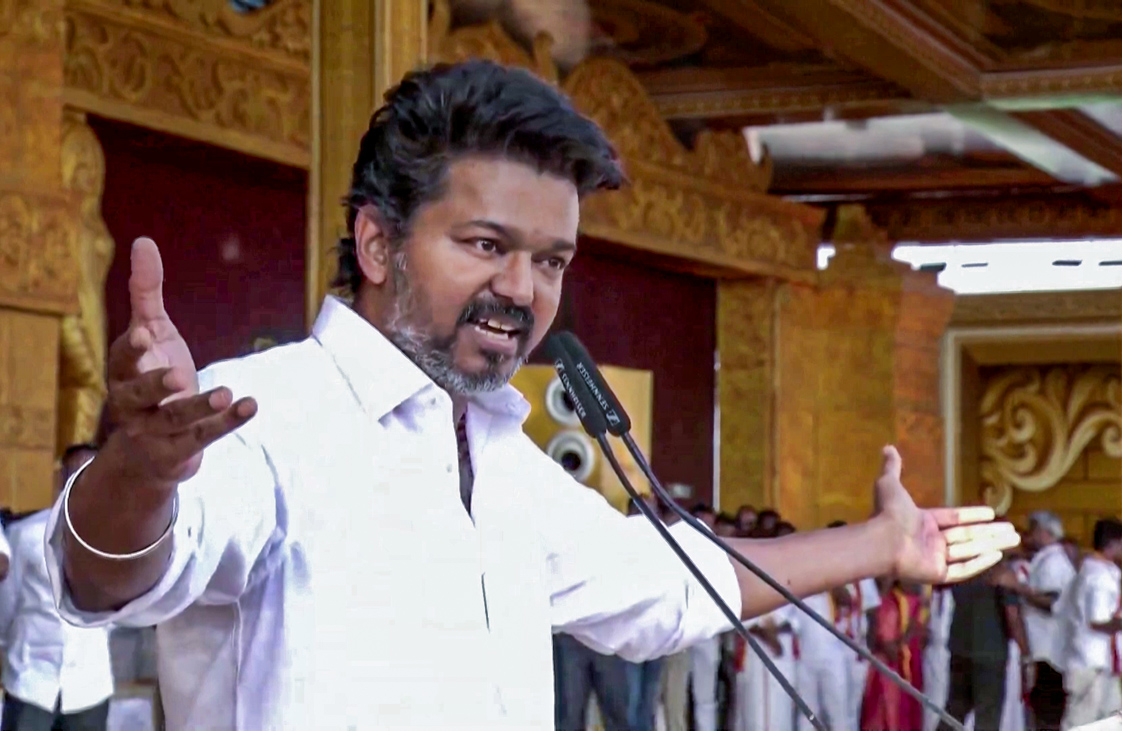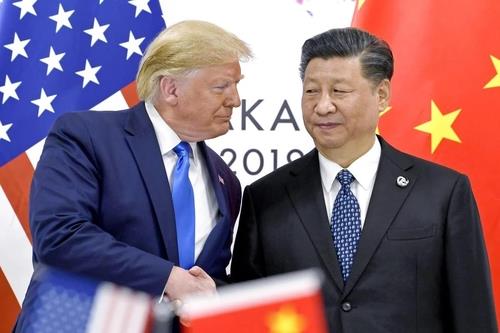Though it may look like an overnight shift, Vijay’s political journey has been years in the making….writes Ashok Parameswar
How long does it take for a man to turn into a politician — a night, a year, or decades? The answer is never predictable. Consider Vijay — one of Tamil Nadu’s biggest cinema icons and among the most popular figures in southern India — who has now made a splashy entry into electoral politics by announcing his own party.
To some critics, Vijay’s political plunge may seem sudden or rushed. But Tamil Nadu is no stranger to film stars reinventing themselves as politicians. From M.G. Ramachandran (MGR) and Vijayakanth to more recent entrants like Kamal Haasan, the state’s political landscape has a long history of cinema celebrities turning into political leaders. Vijay is the newest addition to that legacy — but is his political journey just another repetition, or something new?
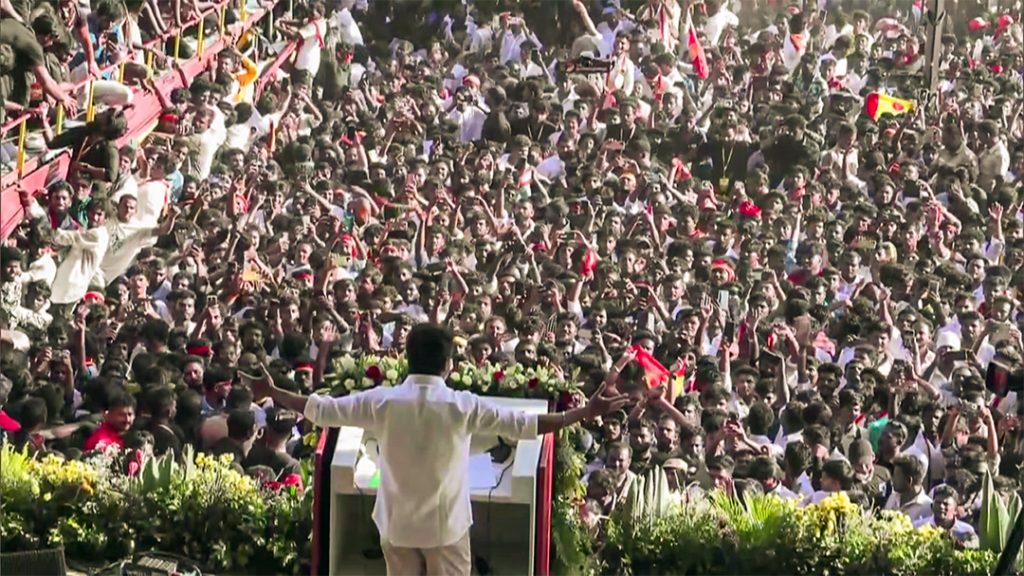
From Fan Clubs to a Political Force
Last year, Vijay launched his party, Tamizhaga Vetri Kazhagam (TVK), positioning it as an alternative to the state’s long-standing bipolar structure dominated by the DMK and AIADMK. He has framed TVK’s ideology around secular social justice by blending Dravidian principles with Tamil nationalism, calling B.R. Ambedkar and Periyar his political pillars.
Though it may look like an overnight shift, Vijay’s political journey has been years in the making. As one of Tamil cinema’s most bankable stars with a massive youth fan base, he began sowing seeds of political engagement in the 2000s. His fan organisation, Vijay Makkal Iyakkam, slowly evolved into TVK.
In the 2021 local body elections, the fan association tested its strength and won 115 of the 169 seats it contested. Through social activism and philanthropic work, the association laid the groundwork that has now matured into a political structure. The central question remains: can his enormous fan following translate into actual votes?
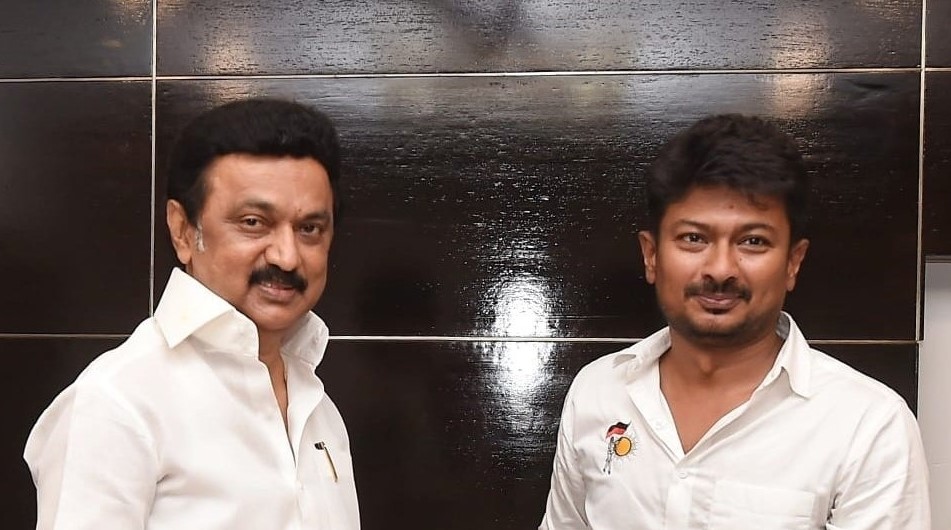
Targeting DMK, Eyeing a Third Front
The DMK, which returned to power after ending a decade of AIADMK rule, currently dominates the state. Vijay has described the DMK as his political rival and the BJP as his ideological opponent. By challenging the DMK head-on, he risks splitting the anti-DMK vote — a split that could ironically help the ruling party.
In the 2021 Assembly elections, the DMK secured around 37% of the vote, while the AIADMK polled between 32% and 40% in past contests. The BJP’s share has remained low and relatively stable. Vijay’s emergence has already triggered a reaction from the DMK, whose recent moves and sharp criticism of his party events hint at seeing him as a serious threat.
If TVK contests all Assembly seats, can it win on the strength of Vijay’s fan base alone? History suggests caution. Vijayakanth’s DMDK once stormed into politics, becoming the main opposition on the back of a fiery public image, philanthropy, and fan networks — only to later fade. Vijay may see that as inspiration, but sustaining momentum is a different challenge.
Alliances May Decide TVK’s Fate
Vijay hopes to establish TVK as a third front alongside the DMK and AIADMK. But realistically, he may need alliances. In Tamil Nadu, power has alternated between the two Dravidian majors for decades. One possible route is to capture anti-incumbency votes against the DMK and, if circumstances permit, align with the AIADMK — especially if the latter finally snaps its uneasy ties with the BJP.
The AIADMK-BJP alliance has long been seen as more advantageous to the BJP, whose own vote share remains modest. The AIADMK, weakened since Jayalalithaa’s demise, is internally divided and politically vulnerable. Meanwhile, TVK is unlikely to threaten the BJP’s urban, ideologically driven Hindutva voter base — but it could undercut the BJP’s leverage by pushing AIADMK away from it.
Beyond the two main rivals, Vijay might also tap smaller parties and floating voters. He could target the remnants of Vijayakanth’s DMDK, Seeman’s Naam Tamilar Katchi (which polled about 6% last time), and Kamal Haasan’s MNM. In his recent convention, Vijay even took direct swipes at Haasan, signalling a bid to consolidate the anti-DMK space.
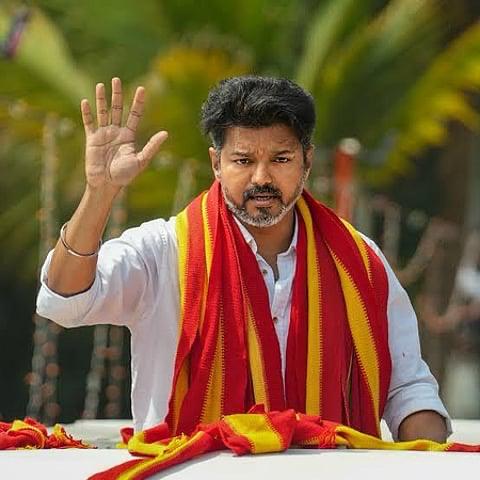
Fans to Votes: The Ultimate Test
The real question is whether Vijay’s star power and his estimated one million-strong fan base can actually convert into electoral victories. TVK has reportedly readied its organisational structure, strategy, and around 70,000 volunteers for the polls. Vijay has urged supporters to vote for his party’s symbol — even above individual candidates.
Yet the outcome remains uncertain. If TVK splits the anti-DMK vote, it could inadvertently help the ruling party. But if it secures even 10% of the vote — especially youth votes — it could force the DMK to fight harder to retain power. While DMK’s core support in central Tamil Nadu may remain steady, young voters could become the decisive force shaping the state’s future.
The road ahead is steep. Will TVK become a mere “alliance party” like others before it, or can it genuinely shatter Tamil Nadu’s entrenched two-party system? For now, one truth stands out: Vijay cannot rely on fan enthusiasm alone. To succeed, he must build broad coalitions, tap disenchanted youth, and channel anti-incumbency sentiment.
Whether Vijay’s TVK proves to be a paper tiger or a political earthquake will be revealed only at the ballot box.


